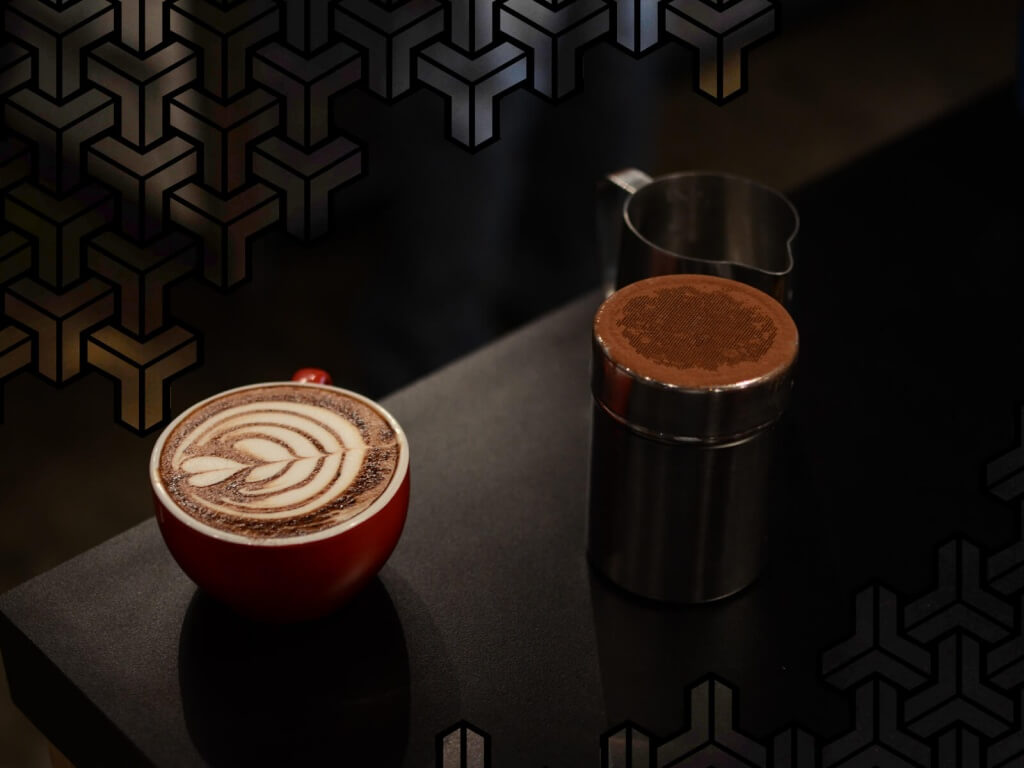Share
Clive Shepherd’s impressive new book, ‘More than blended learning’ dropped through my letterbox the other day. In it, Clive describes how mixing a wide range of learning methods and media can maximise the effectiveness and efficiency of a training programme. He provides clear and practical design processes that learning professionals can adopt. This alone makes it an essential read for anyone looking to get ahead in the profession.
Though the idea of blended learning has been with us for some years, this is still a timely publication. New technology is giving us some powerful new mixes. Indeed, Netex is one of the leaders in the new blending world. Demos have revealed how asynchronous elearning content can now double as synchronous online classrooms to create new learning experiences. These new blends are now giving a far tastier feast of options.
It does however raise a question or two. ‘Blending’ is a phrase most often applied in the drinks world. Specifically coffee and (this may be a more personal reference) whisky. Here, blending is a way of using an array of beans or whiskies to create something altogether more pleasing and palatable. The aim is to counterpoint the harshness of one with the sweetness of another. But here’s the thing: connoisseurs will insist it is the unblended single malt or single bean, which offers the ultimate experience. Spirit fans tell of the smoothness of Glenlivet. Baristas wax lyrical over the Ethiopian Yirgacheffe, even if they can’t pronounce it.

So the question needs asking; is blending learning also really just a way of masking weak subject matter and unoriginal instructional design? If a classroom, elearning or even book, is good enough, does it need any of the periphery? Instead why don’t we just focus on doing one thing exceptionally well?
Of course, one answer is that it is incredibly hard to create something truly brilliant and memorable. We can’t all be Charles Dickens. Or make films like Francis Ford Coppola. We are, by definition, mostly Nescafe, not Yirgacheffe.
Expertly blended coffees and whiskies are, whatever connoisseurs might say, fine drinks. They enable us to use beans and whiskies that might otherwise not be so easy to swallow. Blending learning can offer the same effect. Information can become easier to swallow. Learning enjoyed where once it was painful.
Distilleries bestow the title ‘Master Blender’ only to their most expert and knowledgeable tasters. Such is the importance of getting it right, is it just conceivable that learning professionals may one day enjoy similar accolades?
Share

